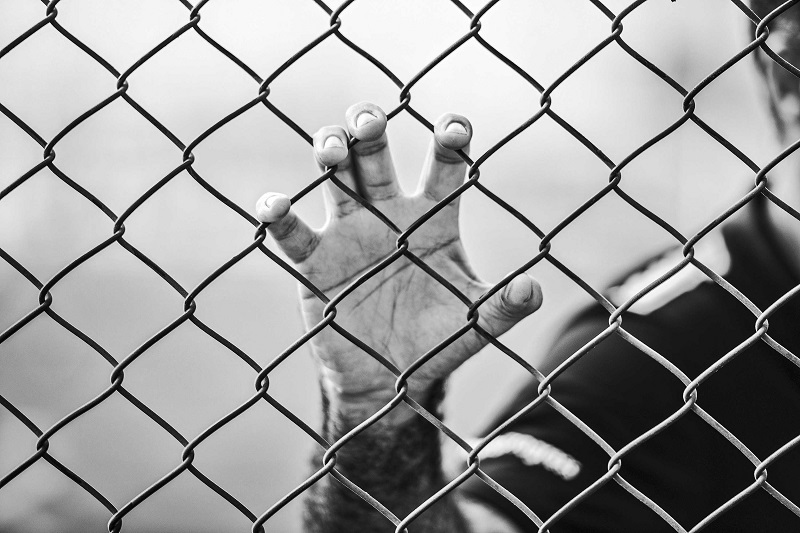
Torture and Abuse: Former Ukrainian Captives Reveal Horrors in Russian Detention Facility
Former Ukrainian captives in a detention facility in southwestern Russia have come forward to share harrowing accounts of torture, abuse, and human rights violations. In interviews with the BBC, a dozen ex-detainees recounted their physical and psychological torment while held at Pre-Trial Detention Facility Number Two in Taganrog. These allegations, if proven true, would represent serious violations of international humanitarian law.
Systematic Torture and Abuse
A bleak picture of their time in captivity is painted by the ex-detainees’ testimony, which shows a pattern of harsh violence and mistreatment at the facility. The following are some of the alarming allegations:
- Consistent beatings during daily inspections and interrogations, including blows to the chest and kidneys.
- Constant harassment and threats from Russian officials and guards compelled some inmates to make fabricated confessions that were used against them in court.
- Persistent malnutrition, a lack of medical care, and tales of deaths of inmates while under guard.
While the BBC could not confirm these claims independently, information was shared with human rights organisations and, whenever feasible, corroborated by other detainees.
Keep Reading
The Russian government has refused access to external bodies such as the United Nations and the International Committee of the Red Cross to inspect the facility, raising concerns about the conditions faced by prisoners. The Russian defence ministry declined to comment on the claims and has consistently refuted any charges of captivity abuse or torture.
The Impact on Captives
The survivors’ experiences helped clarify the long-lasting physical and psychological effects of their tragedy. Former prisoners claimed that physical abuse and electric shocks were used during interrogation. They gave examples of guards putting them in stressful situations against their will, resulting in discomfort and long-lasting injury. Detainees frequently experienced psychological trauma, tension, anxiety, and intimidation.
Some captives showed tremendous grit and will to resist despite the cruelty they experienced. When disobeyed guard orders, some received threats and were physically punished, while others were singled out because of their affiliations or tattoos. The inmates’ experiences demonstrate their persistent will to live and keep their dignity despite extreme pressure.
The road to recovery is difficult for those who can escape captivity. The mental scars left by their experiences at the detention centre add to the physical wounds they received while there. Broken bones, internal damage, and other conditions brought on by maltreatment were discovered during medical examinations. However, their liberation also represents a rekindled spirit of optimism and a chance to spread the word about the abuses of human rights they suffered.
It’s harrowing to learn about the atrocities of captivity and mistreatment at the hands of Russian troops and guards from the tales of former Ukrainian prisoners. These accusations doubt Russia’s compliance with human rights norms and international humanitarian law. Their experiences serve as a sharp reminder of the value of safeguarding human rights and ensuring that such atrocities are adequately investigated and remedied globally as the survivors move toward healing and justice.




